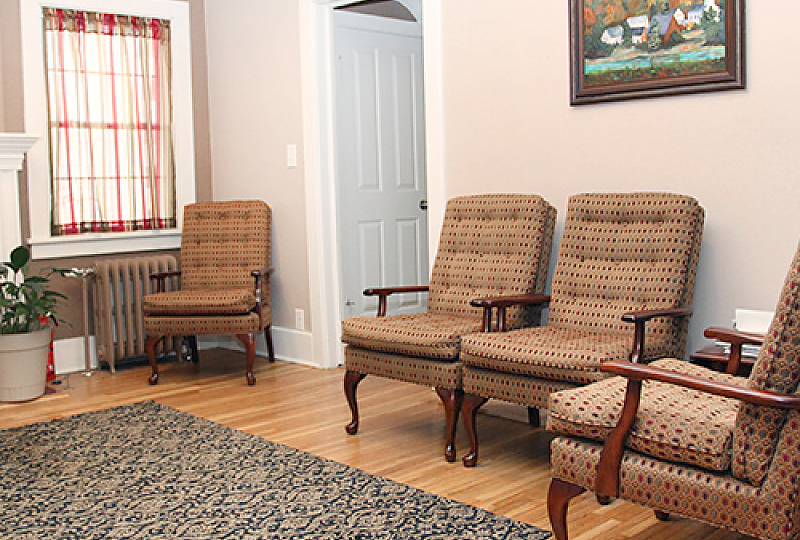Understanding Medicaid Eligibility in New York: A Comprehensive Guide for Seniors and Their Families

Medicaid plays a pivotal role in providing healthcare and long-term care services to seniors in New York. However, navigating the eligibility criteria and application process can often seem daunting to many families.
At Klafehn, Heise & Johnson P.L.L.C., we aim to demystify Medicaid eligibility, offering seniors and their families in New York a clear roadmap to accessing these vital services. Here's a comprehensive guide to understanding Medicaid eligibility in New York.
1. Income and Asset Limits
One of the primary considerations for Medicaid eligibility in New York is the applicant's income and assets. The state sets specific thresholds that must be met, which can vary based on individual circumstances, such as whether the applicant is single or married, and the type of Medicaid coverage they are applying for.
Key Point: It's important to review the current income and asset limits, as these figures are subject to change. Assets to consider typically include cash, bank accounts, real estate and certain other financial accounts.
2. The Five-Year Look-Back Period
New York's Medicaid program employs a five-year look-back period for asset transfers. This means that any gifts or transfers for less than market value made within five years of the Medicaid application date will be scrutinized. Improper transfers can lead to a period of ineligibility for Medicaid services.
Key Point: Planning ahead is crucial. If you anticipate needing Medicaid for long-term care, consider the timing of asset transfers and seek legal advice to navigate this rule effectively.
3. Exempt and Non-Exempt Assets
Not all assets are counted towards Medicaid's eligibility limits. Certain assets are considered exempt, meaning they won't affect your eligibility.
Key Point: Understanding which assets are exempt and how to legally structure your non-exempt assets can significantly impact Medicaid eligibility.
4. Spousal Impoverishment Protections
For married couples, Medicaid eligibility rules include protections to prevent the healthy spouse from being left destitute. These rules allow the non-applicant spouse to retain a portion of the couple's assets and income.
Key Point: Familiarize yourself with spousal impoverishment protections, such as the Minimum Monthly Maintenance Needs Allowance (MMMNA) and Community Spouse Resource Allowance (CSRA), to ensure the financial stability of the non-applicant spouse.
5. Applying for Medicaid in New York
The Medicaid application process in New York involves submitting detailed financial information and supporting documents.
Key Point: Given the complexity of the application and the potential for delays or denials due to errors, many families benefit from seeking legal assistance to navigate the process.
Rochester, NY Medicaid Attorneys
Navigating Medicaid eligibility in New York requires a thorough understanding of the rules and careful planning. By familiarizing yourself with the eligibility criteria, understanding the look-back period, and knowing which assets are exempt, you can take significant steps toward securing Medicaid coverage for long-term care.
If you or a loved one are considering applying for Medicaid in New York and need guidance, contact Klafehn, Heise & Johnson P.L.L.C.. Our team is dedicated to supporting seniors and their families through the Medicaid application process, ensuring you receive the benefits you need.
Legal Disclaimer: This article provides a general overview of Medicaid eligibility in New York and is not intended as legal advice. Medicaid laws are complex and the impact of these laws can vary based on individual circumstances. For personalized legal advice on Medicaid eligibility and planning, consult with the professionals at Klafehn, Heise & Johnson P.L.L.C. Portions of this content are considered ATTORNEY ADVERTISING under the New York State Unified Court System Rules of Professional Conduct (22 NYCRR Part 1200). Past results do not guarantee a similar outcome.
‹ Back













